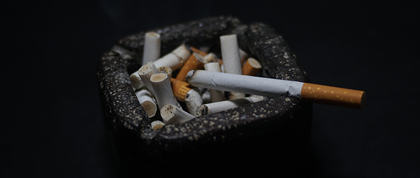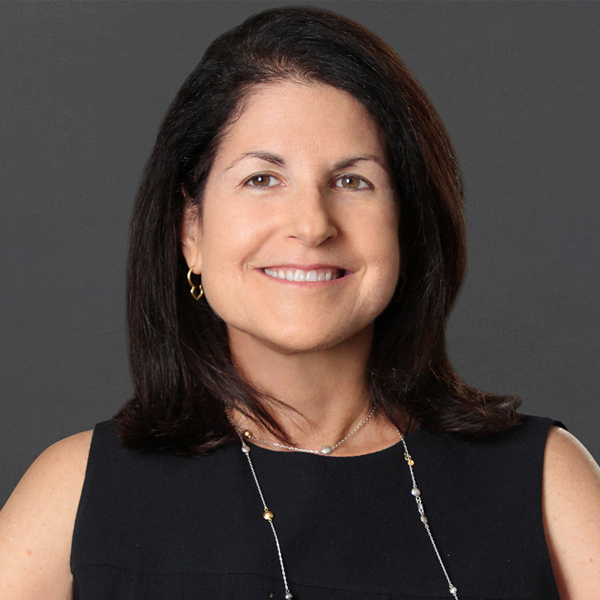
Banning menthol is back on the tobacco control legislative agenda. In April 2022, the FDA announced plans to ban sales of menthol flavored cigarettes in the U.S. This was followed by New York City’s July 2022 reintroduction of a bill to ban menthol flavor in all nicotine products, and Governor Kathy Hochul’s announcement in February that New York State would pursue a similar ban on menthol sales. You may be asking yourself: didn’t we already ban flavors?
Yes and no. In 2009, NYC banned flavored cigars, cigarillos, little cigars, chew, snuff, snus, tobacco pipe tobacco, roll-your-own tobacco and dissolvable. That same year the federal government banned cigarettes and roll-your-own tobacco that contains artificial or natural flavors, or an herb or a spice that is a characterizing flavor of the tobacco product or smoke. But both bans excluded menthol.
There’s a strong rationale for banning menthol. Tobacco companies add menthol to commercial tobacco products to make them seem less harsh which, by design, increases smoking initiation among youth and young adults. While easier to start, menthol cigarettes are harder to quit. Studies also show that menthol enhances the effects of nicotine on the brain and makes tobacco even more addictive. Based on this data, in 2013 the FDA concluded that menthol cigarettes pose a public health risk above that seen with non-menthol cigarettes.
Failing to ban menthol has had a disproportionately negative impact on the health of Black Americans. For more than 60 years, the tobacco industry has deliberately targeted Black communities with pervasive marketing of menthol cigarettes. As a result, 85 percent of Blacks smoke menthol cigarettes today, compared to less than 10 percent in the 1950s. The health impact has been devastating. Tobacco use is a major contributor to three of the leading causes of death among Black Americans – heart disease, cancer and stroke – and Black Americans die from these conditions at far higher rates than other Americans. Lung cancer is the leading cause of cancer death among non-Hispanic Blacks.
There are precedents for successful menthol bans. As of April 2022, over 150 U.S. communities have implemented laws prohibiting the sale of menthol. In 2019, Massachusetts became the first U.S. state to prohibit the sale of all flavored products, including menthol. California followed in 2020. However, these two states remain the exception.
This April New York State legislators are due to vote on the 2024 budget, which includes a ban on the sale of all flavored commercial tobacco products – including menthol cigarettes. Despite Governor Hochul’s support, both the NYS Senate and the Assembly have declined to include the menthol ban in their 2023-2024 budget proposals. (Of note, they did include a proposed $1 cigarette tax increase.) Not surprisingly, legislators are being bombarded by industry lobbyists, whose main argument is that the ban will criminalize sales and create an illicit market that in turn will “unjustly criminalize Black Americans.”
First, there’s no penalty for having menthol cigarettes in your possession or for using them. In the past in NYC, illicit sales have emerged after large increases in cigarette taxes; however, there’s no evidence that menthol bans result in a similar underground market. To the contrary, surveys have shown that a ban would encourage Blacks to quit menthol cigarettes rather than seek them from illegal sources. Given the arguments against the menthol ban, it’s ironic that NYS legislators who voted it down have approved the $1 increase which, based on past history, poses a greater risk of generating illegal sales.
Flavor bans that include flavored e-cigarettes and other products are spreading. The continued exclusion of the menthol ban in New York and nationally will perpetuate the tobacco industry’s racist marketing infrastructure. It’s time for legislators to take a principled approach to safeguarding the health of their constituents. It's time to ban menthol.

Donna Shelley, MD, MPH
Director, NYC Treats Tobacco;
Vice Dean, Faculty Affairs;
Professor, Public Health Policy and Management;
Director, the Global Center for Implementation Science